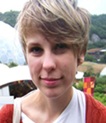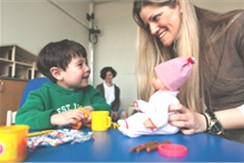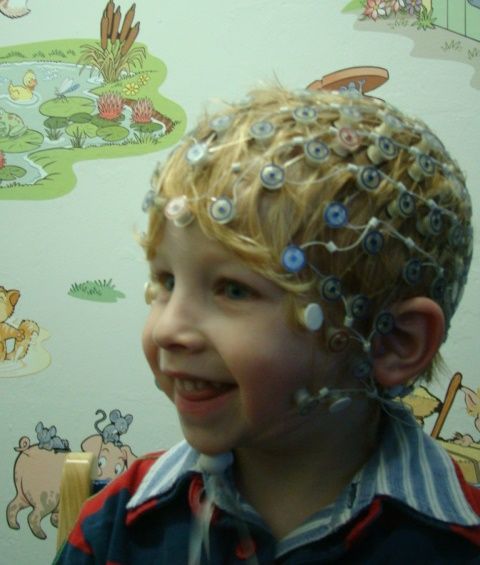» Research

New Research - Social Development in Cornelia de Lange Syndrome
 There are two new exciting research projects being led by Prof. Chris Oliver and Dr. Jo Moss at the Cerebra Centre for Neurodevelopmental Disorders, University of Birmingham, investigating social
There are two new exciting research projects being led by Prof. Chris Oliver and Dr. Jo Moss at the Cerebra Centre for Neurodevelopmental Disorders, University of Birmingham, investigating social  development in people with Cornelia de Lange Syndrome (CdLS). The projects will be run by Sissy Stefanidou (Post-doctoral Research Fellow) and Kat Ellis (PhD student). Read below to find out how you can get involved!
development in people with Cornelia de Lange Syndrome (CdLS). The projects will be run by Sissy Stefanidou (Post-doctoral Research Fellow) and Kat Ellis (PhD student). Read below to find out how you can get involved!
Social Development in CdLS
The goal of our new research projects is to better understand how children and adults with CdLS  understand the social world and how this affects their social interactions and relationships. Particularly, to find out how children with CdLS process social information, including other people’s actions, faces or emotions, and how children and adults with CdLS perceive social situations. We hope that our research will contribute to the early detection of social difficulties that some people with CdLS might have and the development of more effective intervention programmes for improving their quality of life.
understand the social world and how this affects their social interactions and relationships. Particularly, to find out how children with CdLS process social information, including other people’s actions, faces or emotions, and how children and adults with CdLS perceive social situations. We hope that our research will contribute to the early detection of social difficulties that some people with CdLS might have and the development of more effective intervention programmes for improving their quality of life.
What does our research involve?
a) Study in children and adults with CdLS
We are looking for adults and children of all ages to complete one or more of the assessments, described below. These  will take place at the University of Birmingham and will take up to 3 hours in total.
will take place at the University of Birmingham and will take up to 3 hours in total.
- Assessments of language, speech and communication development.
- Tasks and fun activities that demonstrate a person’s social skills and abilities in different social situations.
b) Study in children and adolescents with CdLS
 We are also looking for children and adolescents, aged 2 to 16 years, to complete one or more of the assessments, described below, which will be spread over two daily visits at the University of Birmingham. These are safe, non-invasive and have been previously used with infants, children and adults.
We are also looking for children and adolescents, aged 2 to 16 years, to complete one or more of the assessments, described below, which will be spread over two daily visits at the University of Birmingham. These are safe, non-invasive and have been previously used with infants, children and adults.
- Assessments of language and speech development, and social and communication skills.
- Child-friendly EEG assessments in which a spongy cap is placed on the child’s head. This reads the natural activity produced by the child’s brain and is non-invasive.
- Eye-tracking assessments, which show us where a person is looking on a screen, giving us information about what a person finds interesting.
What will happen if you take part?
Our assessments will take place at the School of Psychology of the University of Birmingham. If you decide to take part in our studies and travel to the University, travel and accommodation expenses will be covered and lunch will be provided. Scheduling of participation is flexible for both of our studies, and can include weekdays, weekends, or bank holidays, as you prefer. However, we appreciate the difficulties that some families may have travelling to Birmingham, and we are happy to travel to your home, in order to complete part of our assessments that require transportable equipment.
Following your participation in our study, we will also provide you with feedback reports on the cognitive assessments and assessments of social and communication development that you or your child may complete as part of our research programme.
Interested?
If you are interested in learning more about our studies, or signing up for participation, please contact Sissy at 0121 414 9775 or at c.stefanidou@bham.ac.uk, or Kat at 0121 414 2855 or at KRE061@bham.ac.uk.